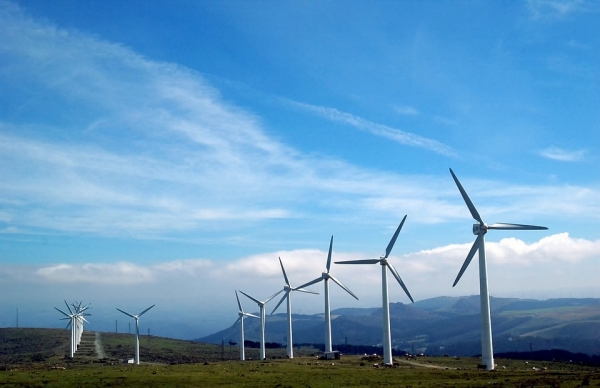The countless benefits of native forests include the capacity of tree biomass to store large amounts of carbon, which can counterbalance greenhouse gas emissions into the atmosphere.
articles
Decarbonising the Energy System by 2050 Could Save Trillions
Transitioning to a decarbonised energy system by around 2050 is expected to save the world at least $12 trillion compared to continuing our current levels of fossil fuel use.
Little Ice Age Study Reveals North Atlantic Reached a Tipping Point
Scientists have used centuries-old clam shells to see how the North Atlantic climate system reached a "tipping point" before the Little Ice Age.
WPI Researchers Receive New Funding for Sustainable Concrete Substitute
Worcester Polytechnic Institute (WPI) researchers Nima Rahbar and Suzanne Scarlata have received $692,386 from the National Science Foundation (NSF) to improve and develop new functions for their Enzymatic Construction Material (ECM), a “living” low-cost negative-emission construction material they created to address one of the largest contributors to climate change—concrete—by providing what they refer to as “a pathway to repair or even replace [traditional] concrete in the future.”
Global ‘Stilling’: Is Climate Change Slowing Down the Wind?
Last year, from summer into fall, much of Europe experienced what’s known as a “wind drought.”
Now’s the Time to Plant Winter Cover Crops to Prepare Soil for Next Year’s Vegetable Garden
No one wants to think of harvest’s end as the vegetable garden reaches peak, but now’s the time to plant over-winter cover crops to improve your soil for next season.










